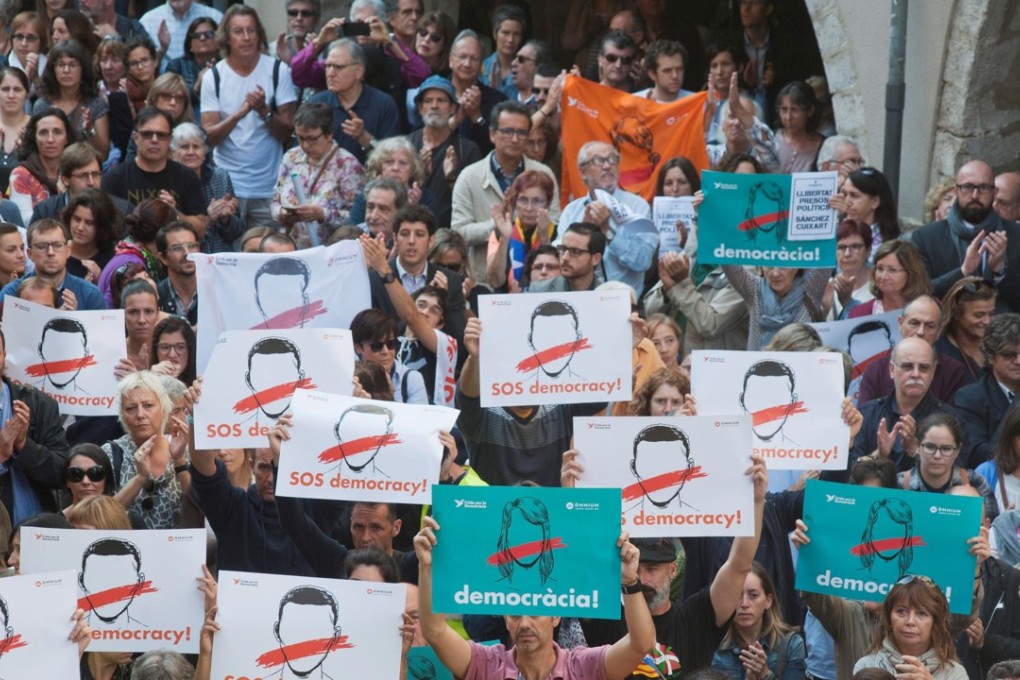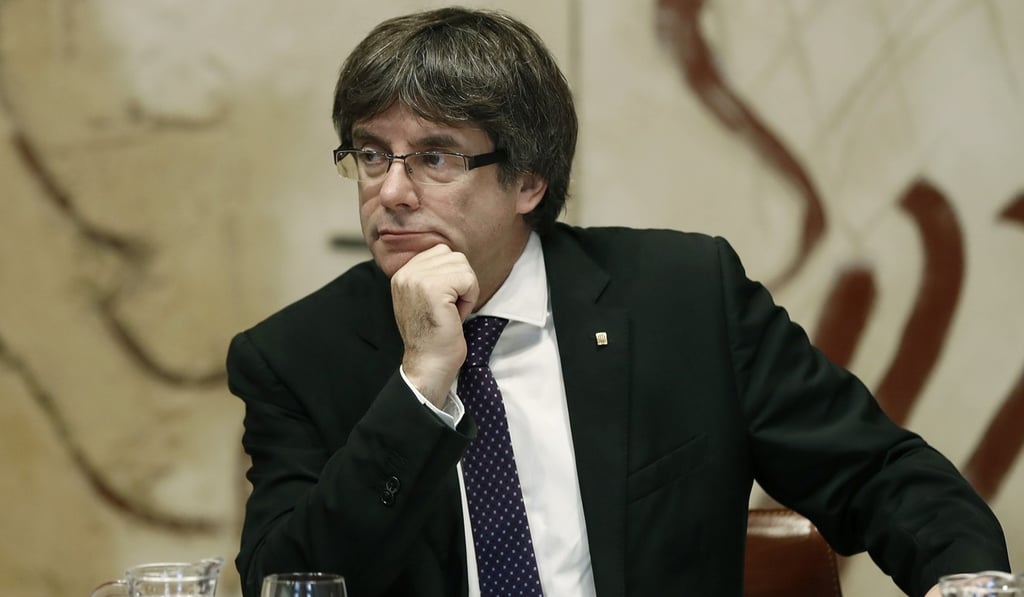Spain’s top court rules Catalan independence vote illegal, paving the way for direct rule by Madrid

Spain’s top court ruled on Tuesday that a recent independence referendum in Catalonia was unconstitutional, adding legal weight to the government’s efforts to block an attempt by the wealthy region’s leaders to break away from the rest of the country.
Armed with that Constitutional Court ruling, Prime Minister Mariano Rajoy’s conservative government is in a stronger position to potentially strip Catalonia of its self-government, or parts of it, for disobeying the law. Rajoy has given the secession-minded regional authorities until Thursday to back down from their independence ambitions.

The court’s ruling wasn’t surprising – Spain’s government had repeatedly insisted the vote was illegal. But regional leaders defied the Madrid-based central government and went ahead with the October 1 referendum on whether the region should separate from Spain. They said the “Yes” side won and that the result gave the region a mandate to declare independence.
Despite the Constitutional Court’s decision, the supporters of secession in Catalonia showed no signs of giving up. They have portrayed the central government as repressive.
